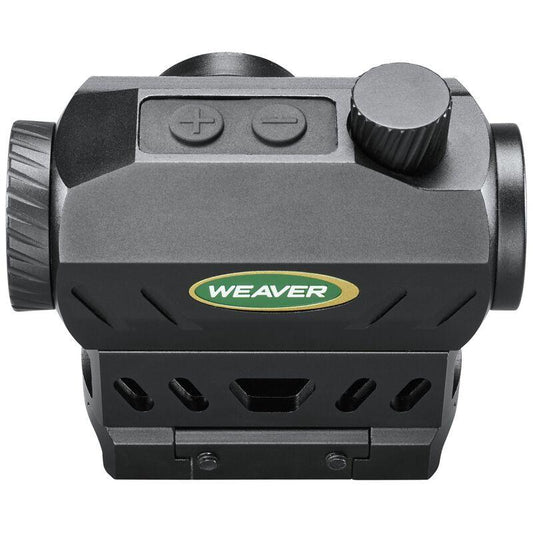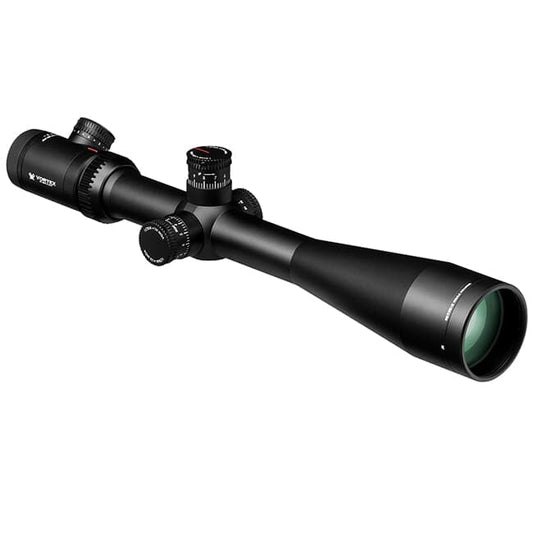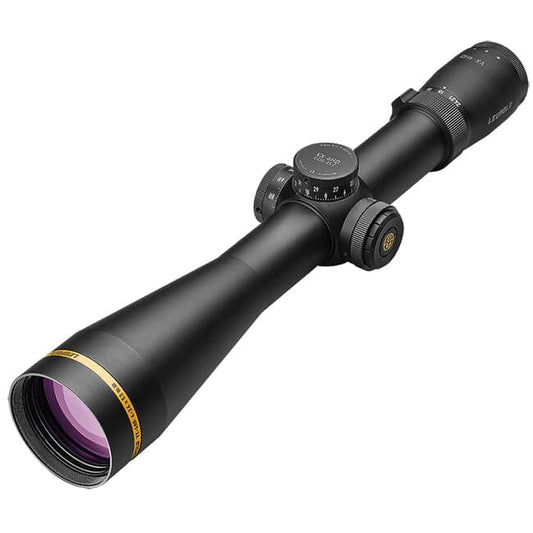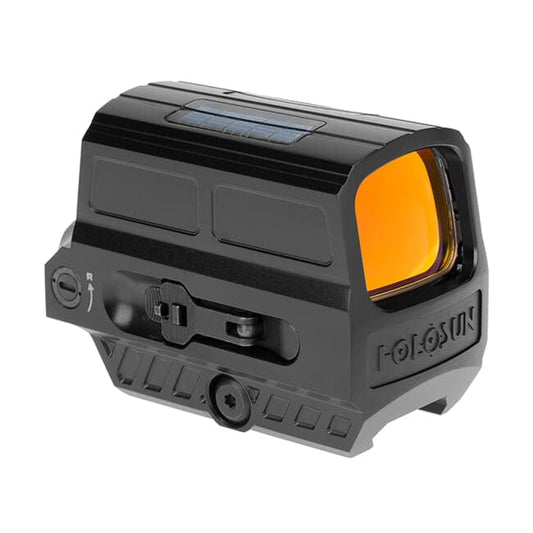

The Weaver Classic Series 1x22 Tube Red Dot LED delivers precise targeting with its user-friendly digital push-button controls. Featuring a 3 MOA dot, it offers 10 brightness settings to suit various lighting conditions. Its long-lasting battery life of over 15,000 hours ensures reliability, allowing you to focus on your aim without frequent battery changes. The durable aluminum housing is rated IPX7 for water resistance, making it suitable for all weather conditions.
This red dot sight is designed for versatility, mounting easily on handguns, rifles, and shotguns using standard Weaver or Picatinny accessory rails. The removable skeletonized high-rise spacer allows for customization to fit a variety of setups, while the 12-hour timer function helps conserve battery life, automatically turning off the unit after a period of inactivity.
Features:
- EFFICIENT CLEAR 3 MOA DOT for enhanced targeting accuracy in various conditions.
- LONG LASTING BATTERY LIFE with over 15,000 hours on mid-setting, minimizing maintenance.
- USER-SELECTABLE 12-HR TIMER to conserve battery life during extended periods of non-use.
- MOUNTS ON HANDGUNS, RIFLES, AND SHOTGUNS for versatile compatibility across firearms.
- IPX7 DURABLE ALUMINUM CONSTRUCTION ensures protection against moisture and impact.
- CONVENIENT LAYOUT AND DESIGN with easy access controls for quick brightness adjustments.
- DETTENTED WINDAGE/ELEVATION ADJUSTMENT for precise targeting adjustments.
- ONE YEAR WARRANTY provides peace of mind with your purchase.
Technical Specifications Table
| Feature | Specification |
|---|---|
| Magnification | 1x |
| Lens Diameter | 22mm |
| Dot Size | 3 MOA |
| Brightness Settings | 10 |
| Battery Life | Over 15,000 hours |
| Construction Material | Aluminum |
| Water Resistance | IPX7 |
| Weight | Lightweight (exact weight not specified) |
| Dimensions | Compact design (exact dimensions not specified) |
What's in the Box?
- Weaver Classic Series 1x22 Tube Red Dot Sight
- Removable high-rise spacer
- User manual
- Lens covers
Customer Reviews
"This red dot sight is a game-changer! Easy to mount and adjust." – Alex R.
"Battery life is impressive, and the brightness settings work perfectly." – Jamie T.
"Great value for the price. Sturdy and reliable in the field." – Sam K.
FAQ
How does the battery life of the Weaver Classic Series compare to other red dots? The Weaver Classic Series boasts a remarkable battery life of over 15,000 hours, which is significantly longer than many competitors. This allows for extended use without frequent replacements, enhancing convenience for users.
Can the red dot sight be used in adverse weather conditions? Yes, the IPX7 rating indicates that the sight can be submerged in water up to 1 meter for 30 minutes without damage. This makes it suitable for various outdoor activities, ensuring reliable performance in rain or wet conditions.
Is the Weaver Classic Series compatible with various firearms? This red dot sight is designed to mount easily on handguns, rifles, and shotguns using standard Weaver or Picatinny rails, providing flexibility for different setups and preferences.
Similar Models
Looking for more options? Explore our complete Weaver collection, including models like the Weaver Kaspa 1-4x24 for enhanced versatility and the Weaver Tactical 1-6x24 for superior magnification. Each product is crafted for performance and reliability, tailored to meet your shooting needs.
You May Also Like
Here’s some of our most similar products people are buying. Click to discover trending style.






